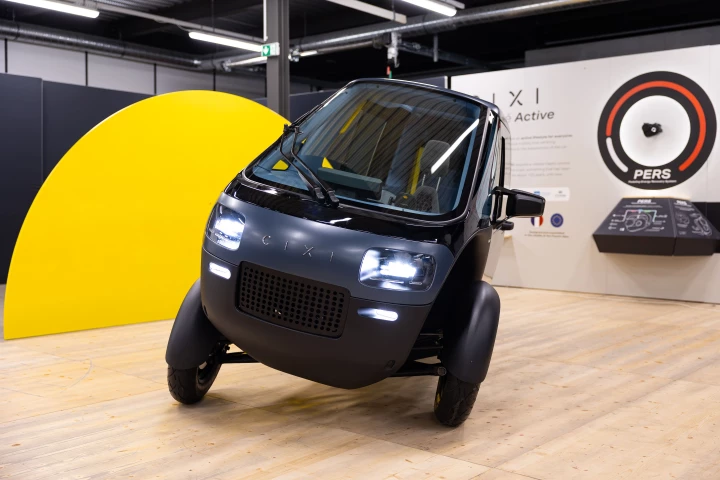Europe's ExoMars mission has suffered a setback and will not launch until 2022. The joint ESA/Roscomos Space Corporation mission to send a rover to the Red Planet to seek out evidence of life has been pushed back from its 2020 launch date due to the need for further component testing and the disruption caused by the COVID-19 outbreak.
According to ESA, the decision for the latest delay was reached after consultations between the ESA and Roscosmos heads Jan Wörner and Dmitry Rogozin. Working from reports by the project team, they concluded that more testing is needed for both the spacecraft and its software. They also recognized that the worsening of the current pandemic in European countries will negatively impact launch preparations, particularly in terms of travel. Though the Kazachok landing platform and the Rosalind Franklin rover have been assembled and tested, the descent module is still undergoing evaluation.
Today's announcement is not the first delay for ExoMars. The landing mission was originally scheduled for launch in 2018, but delays in assembling the spacecraft and delivery of the science payload required a rescheduling to 2020. The new launch date is between August and October 2022, with the two-year delay due to the 10-day launch windows being dependent on Earth and Mars being in the right orbital positions.
"We have made a difficult but well-weighed decision to postpone the launch to 2022," says Rogozin. "It is driven primarily by the need to maximize the robustness of all ExoMars systems as well as force majeure circumstances related to exacerbation of the epidemiological situation in Europe which left our experts practically no possibility to proceed with travels to partner industries. I am confident that the steps that we and our European colleagues are taking to ensure mission success will be justified and will unquestionably bring solely positive results for the mission implementation."
Source: ESA




